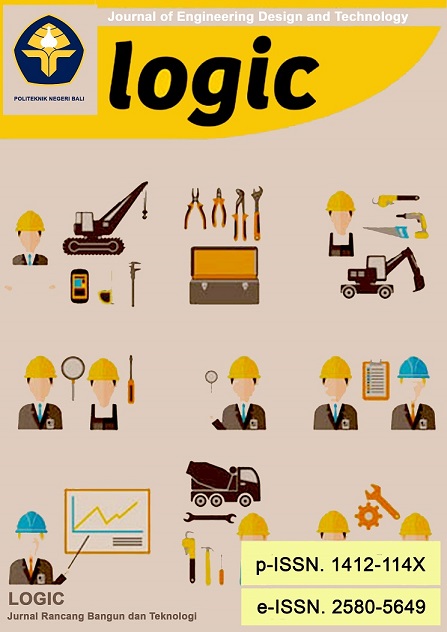Feasibility Test and Practicality of Blended Learning Design of Applied Mathematics for Vocational Education
Abstract
This study aims to determine the feasibility and practicality of the design of blended learning applied mathematics for vocational education. Research using the 4D model development method from Thiagarajan includes: Define, Design, Develop, and Disseminate, carried out in stages at the Bali State Polytechnic. Currently the Develop stage is being carried out. Data were collected using a validation sheet and a questionnaire for the responses of lecturers and students. Data were analyzed descriptively. The results, 1) the content validity and constructs of blended learning applied mathematics 3,8 and 3,6 are categorized as very valid with a reliability of 88.6% and 91.1% are categorized as very reliable, and 2) the level of practicality by lecturers and students respectively also 83.5% and 83.5% in the practical category. The implication, draft II of this design is very feasible and practical to be used as a learning strategy in vocational education. Draft II can be continued to the next stage of development, namely testing the effectiveness, evaluation and dissemination, but for optimization it is necessary to revise a small receipt referring to the practicality test results.




1.png)





